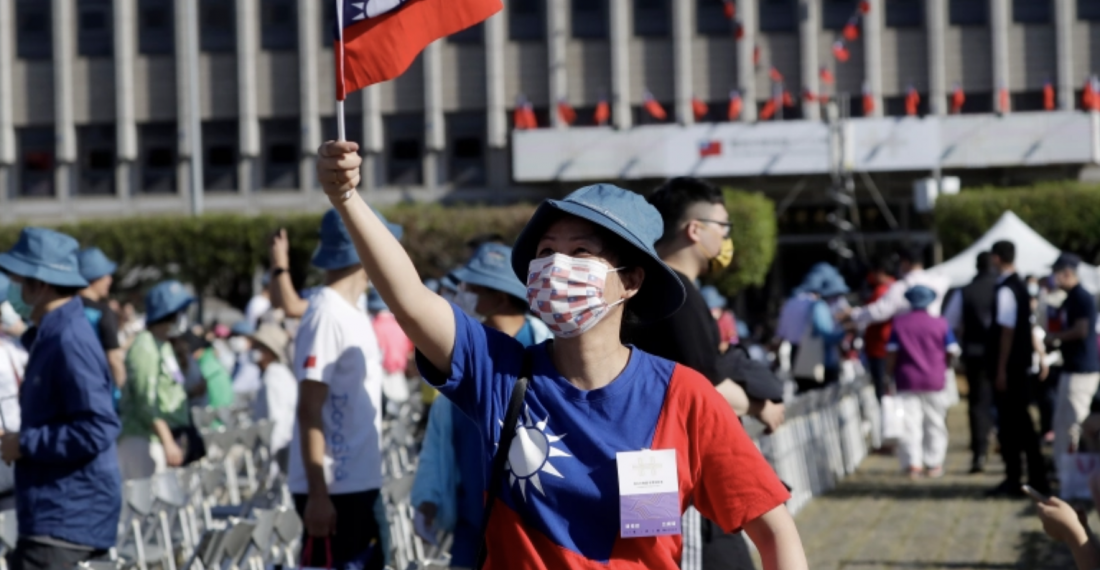China has decided to hold "stubborn proponents" of Taiwanese independence criminally responsible for life. Beijing has published a blacklist of people who make no secret of their desire for Taiwanese independence.
The list includes Taiwanese Prime Minister Su Tseng-chang, President of the Legislative Yuan Yu Si-kun and Minister of Foreign Affairs Joseph Wu. Among other measures, they are not allowed to travel to China's mainland, including Hong Kong and Macao.
The people on the blacklist are also not allowed to cooperate with companies or people in China. The cooperation ban also covers companies that financially support blacklisted people. Taiwanese politicians usually rely on donations from companies to finance their election campaigns.
This is the first time Beijing has issued a concrete punishment for people considered pro-Taiwan independence, as tensions rise between the mainland and the self-ruled island that China claims as its own.







